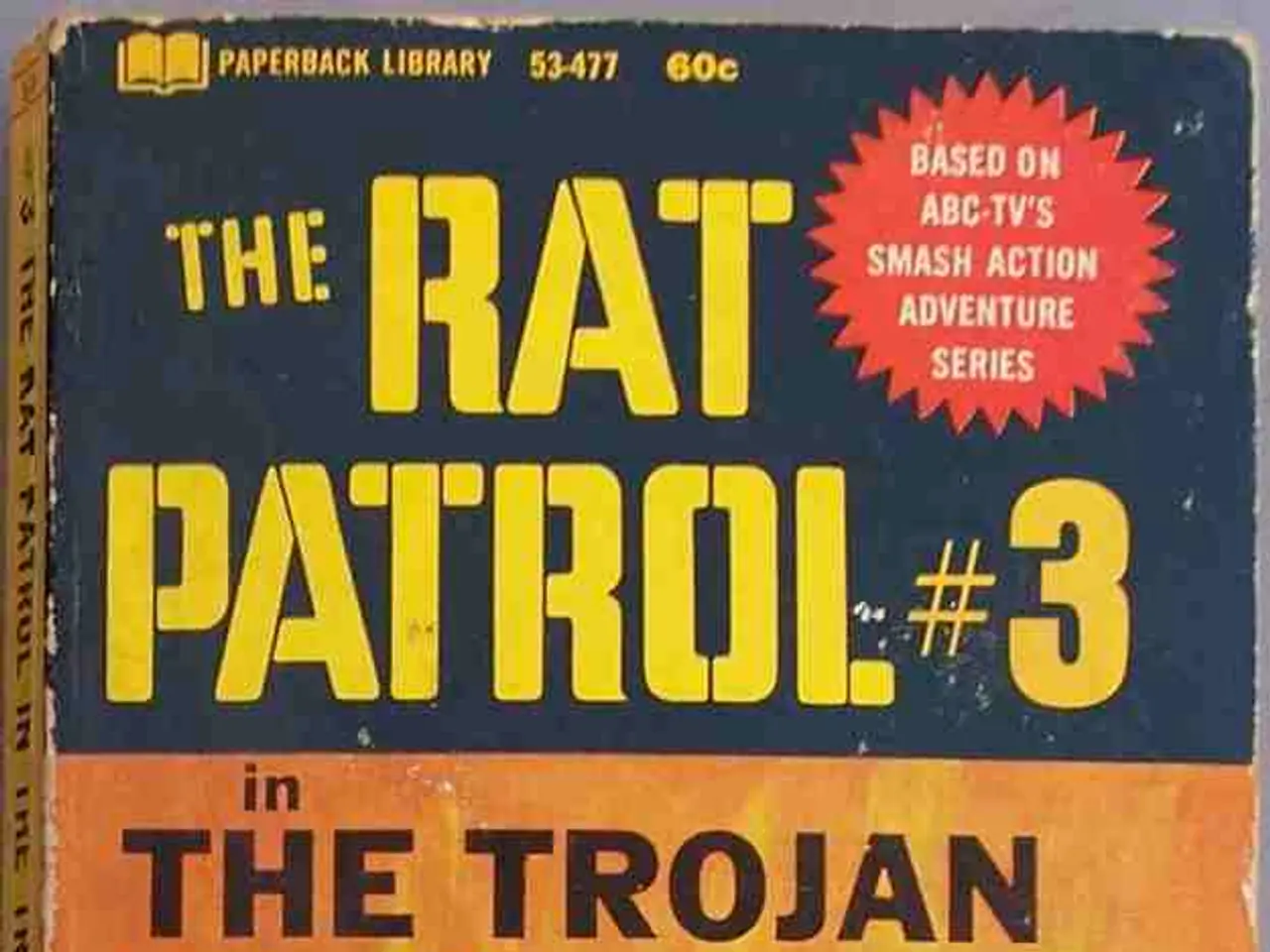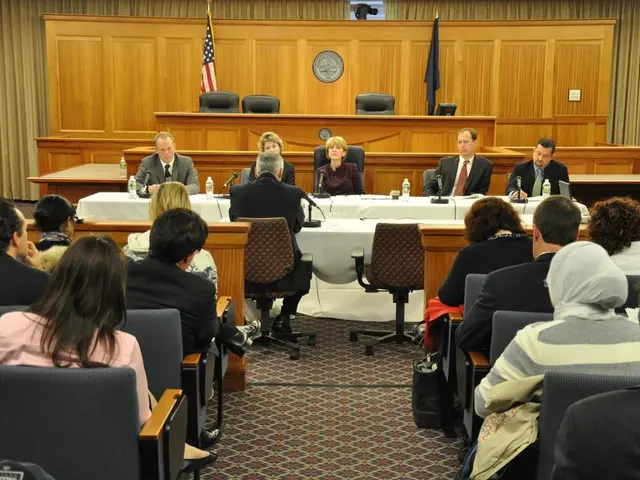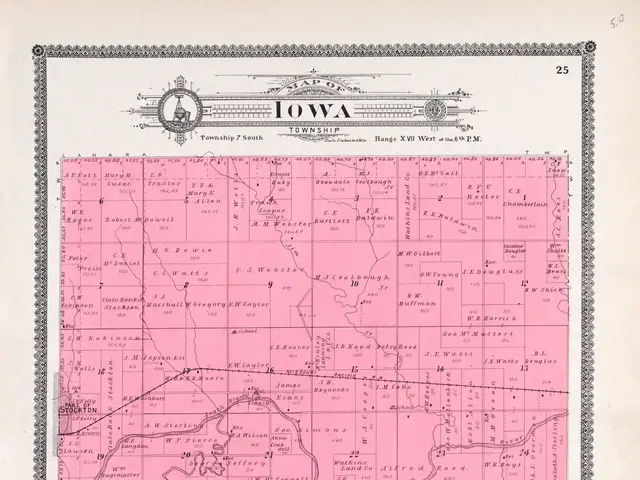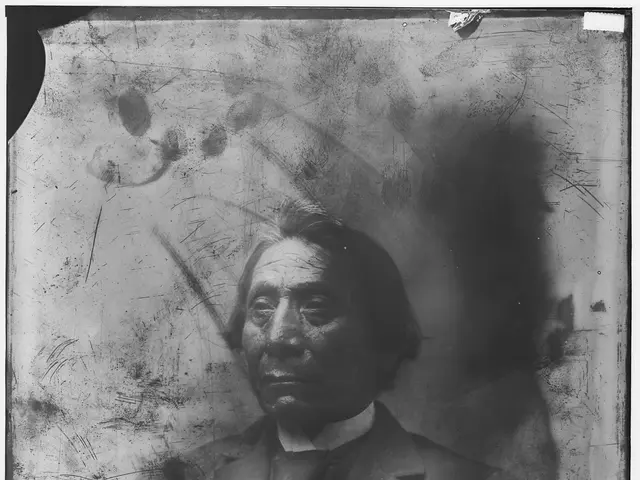Deceptive Allies: Zionist Aggression and the Shattered Illusion of Anglo-Israeli Amity
In the turbulent years of the 1940s, a series of events shaped the foundation of Israel, with acts of violence, assassinations, bombings, and acts of militancy playing a significant role.
The underground militias of Irgun and Lehi, forged by European Jewish migrants embracing militant Zionism in the early 20th century, were at the forefront of these activities. These groups declared war on the British Mandate in Palestine by the 1940s.
One of the most notorious actions by Irgun was the bombing of the King David Hotel in Jerusalem in 1946, which claimed 91 lives. This act of violence was a response to the British execution of three Irgun members involved in a prison break.
The Irgun also took responsibility for the murder of two British army sergeants, Clifford Martin and Mervyn Paice, in 1947. The execution of these soldiers shocked Britain and marked a turning point in the collapse of British authority in Palestine.
Lehi, another underground militia, was responsible for the assassination of Lord Moyne, the British Minister of State for the Middle East, in Cairo in 1944.
In addition, Zionist forces attempted to poison Palestinian water wells with typhoid bacteria under Operation Cast Thy Bread in 1948, causing typhoid outbreaks in Acre and Gaza.
These violent acts contrast sharply with the official declarations of friendship between Britain and Israel. The historical record, however, reveals a different reality, with Zionist forces attacking their supposed allies and building a state on the back of acts of violence.
Notable leaders who carried out these violent and terror actions against the British Mandate and later became leading politicians and military leaders in the newly founded Israeli government include Menachem Begin, leader of the radical Zionist paramilitary group Irgun, and David Ben-Gurion, who was the prime minister and implemented military strategies during the founding of Israel.
Yitzhak Shamir, another Lehi leader, also rose to prominence, becoming prime minister of Israel.
It is important to note that around 12,000 Palestinian Arabs joined the British Army during World War II to fight Nazi Germany, but their loyalty went unrecognized.
In 1948, Lehi murdered Count Folke Bernadotte, the UN mediator working on a peaceful resolution to the conflict. This act of violence further complicated the path towards peace in the region.
The State of Israel was declared in 1948, and Begin, the man behind the King David bombing and the sergeant hangings, became a national hero. Menachem Begin, who led the Irgun, later became a national hero, prime minister, and founder of the Likud Party, which still governs Israel today under Benjamin Netanyahu.
Bar Giora and Hashomer laid the foundation for these armed movements, blending settler colonialism with a vision of Jewish statehood to be achieved by force. These historical events continue to have implications for the modern political landscape of the Middle East.
Read also:
- ICE directed to enhance detention conditions following NYC immigrants' allegations of maltreatment
- Israeli finance minister issues warnings about potential annexation of West Bank territories
- United States faces rebuttal from South Africa over allegedly deceitful human rights report and assertions of land expropriation
- Accident at Rodalben Results in Injuries; Geoskop Area near Kusel Affected After Stormy Weather








